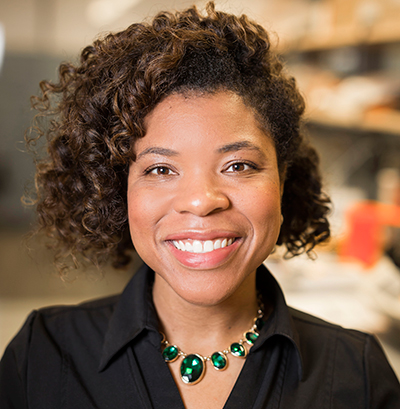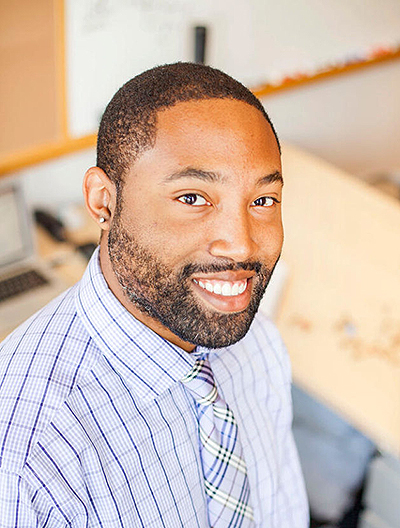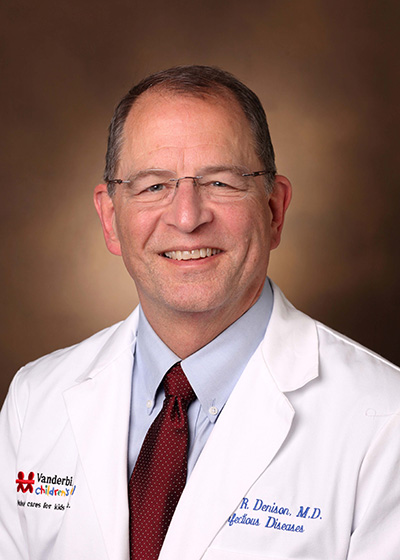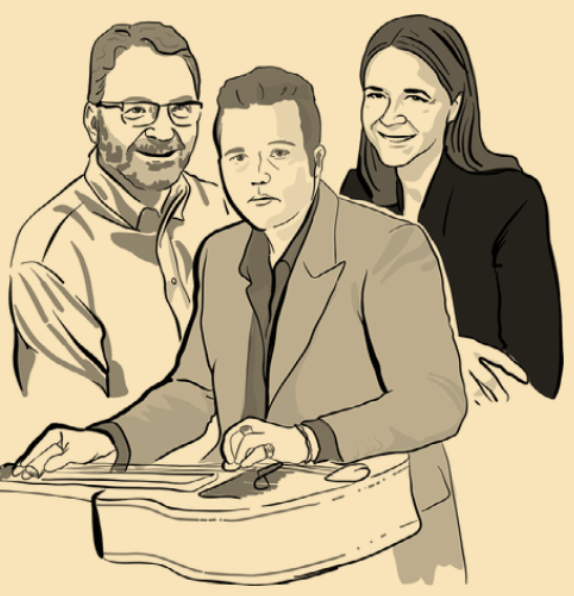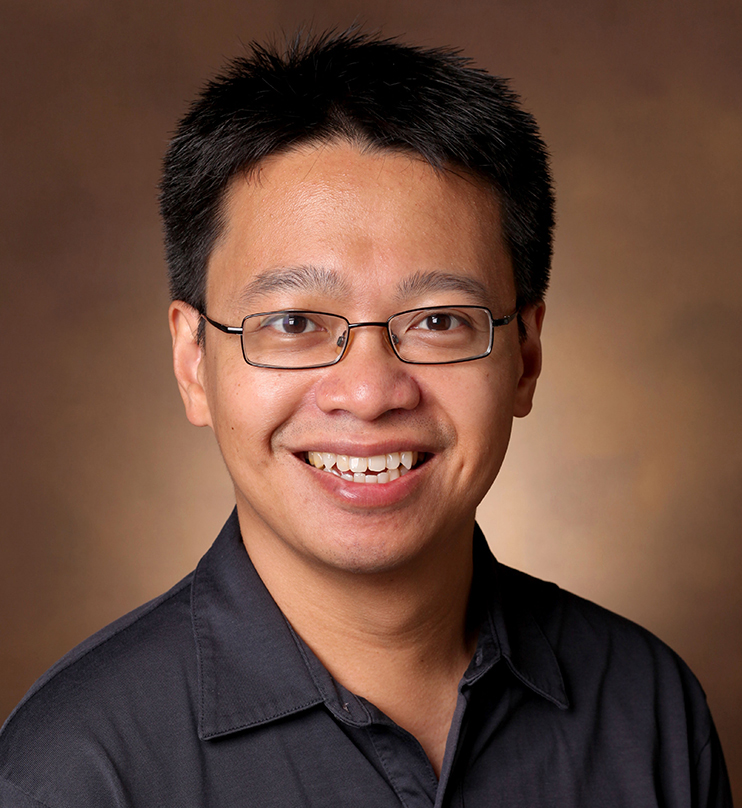News
Breann Brown awarded NIH grant for high-risk, high-reward research
Oct. 5, 2021—Vanderbilt scientists Breann Brown and Will Wan, PhD’14, have received 2021 National Institutes of Health Director’s Awards for their unconventional, bold approaches to research that advances knowledge and enhances health. These grants are awarded from the NIH Common Fund’s High-Risk, High-Reward Research Program, which supports “highly innovative and unusually impactful biomedical or behavioral research proposed...
Sugar compounds in breast milk relieve uncomfortable side effects caused by chemotherapy
Oct. 4, 2021—Two Vanderbilt researchers have isolated sugar compounds in breast milk that can relieve hidden yet life-altering negative side effects of cancer treatment. Traditional chemotherapy destroys cancer by killing rapidly growing cancer cells has several visible, relatively minor side effects—rashes, hair loss and bruising. More severe patient reactions to chemotherapy include diarrhea, nausea, abdominal pain, bleeding...
Research by Mark Denison contributed to first COVID-19 pill now under review
Oct. 1, 2021—U.S.-based pharmaceutical giant Merck & Co. on Friday, Oct. 1, said it would seek authorization for the first oral antiviral pill to treat COVID-19, after a clinical trial showed it cut the risk of hospitalization or death in half when given to high-risk people during infection. The drug, known as molnupiravir, was first shown to...
Jason Isbell to speak on addiction and sobriety with Vanderbilt Center for Addiction Research Oct. 12 at noon
Sep. 30, 2021—Four-time Grammy Award-winning musician Jason Isbell will talk about the impact of COVID-19 on addiction and sobriety and the intersection of sobriety, addiction and music in the next Lab-to-Table Conversation—a monthly series organized by the School of Medicine Basic Sciences. Director of the Vanderbilt Center for Addiction Research Danny Winder and Assistant Professor of Pharmacology Erin Calipari will talk with Isbell at noon Central time on Tuesday, Oct. 12. Isbell has personal experience...
Molecular imaging of C. diff infection
Sep. 30, 2021—Disruption of the gut microbiota, for example by antibiotics, allows the bacterium Clostridioides difficile (C. diff) to colonize and cause disease. C. diff is the leading cause of hospital-associated intestinal infections in the U.S., but the mechanisms of colonization are unclear. Eric Skaar, PhD, Jeffrey Spraggins, PhD, and colleagues used imaging mass spectrometry, a molecular imaging technique, to...
Jeffrey Conn, founding director of Warren Center for Neuroscience Drug Discovery, named 2021 fellow of American Society for Pharmacology and Experimental Therapeutics
Sep. 28, 2021—Jeffrey Conn, Lee E. Limbird Chair and professor of pharmacology, is among 16 scientists named 2021 fellows of the American Society for Pharmacology and Experimental Therapeutics. Selection as a fellow of ASPET is an honor bestowed on members who have demonstrated excellence in their efforts to advance pharmacology through scientific achievements, mentorship and service to...
The role of polarity in early cancer
Sep. 21, 2021—Loss of polarity, the orientation of apical and basolateral surfaces of the epithelial cells that line most internal organs and body cavities, usually occurs early in cancer and is considered a consequence of malignant transformation. Epidermal growth factor receptor (EGFR) is a major player in epithelial homeostasis and is often dysregulated in epithelial cancers. EGFR...
Antibodies help neutralize two deadly viruses: study
Sep. 10, 2021—by Bill Snyder Cross-reactive human monoclonal antibodies isolated by researchers at Vanderbilt University Medical Center prevented, in an animal model, severe illness and death caused by two emerging and deadly viruses called Nipah and Hendra. Their results, published this week in the journal Cell Reports, suggest the antibodies potentially could be given as a therapeutic...
Caught in a web: study reveals that immune cells cooperate to trap and kill bacteria
Sep. 10, 2021—by Leigh MacMillan Like a spider trapping its prey, our immune system cells cooperate to capture and “eat” bacteria. The newly identified antibacterial mechanism, reported Sept. 10 in Science Advances, could inspire novel strategies for combating Staphylococcus aureus (staph) and other extracellular bacterial pathogens. It was known that neutrophils — first responder immune cells that...
Ascano Receives Chancellor’s Award for Research
Aug. 31, 2021—Manny Ascano is the 2021 Channcellor’s Award recipient for ground-breaking cancer research. Chancellor Daniel Diermeier, Provost and Vice Chancellor for Academic Affairs Cybele Raver and Faculty Senate Chair Mark Magnuson, Louise B. McGavock Professor of Molecular Physiology and Biophysics, presented awards to 13 faculty members during the Fall Faculty Assembly on Aug. 26. The awards recognize...
